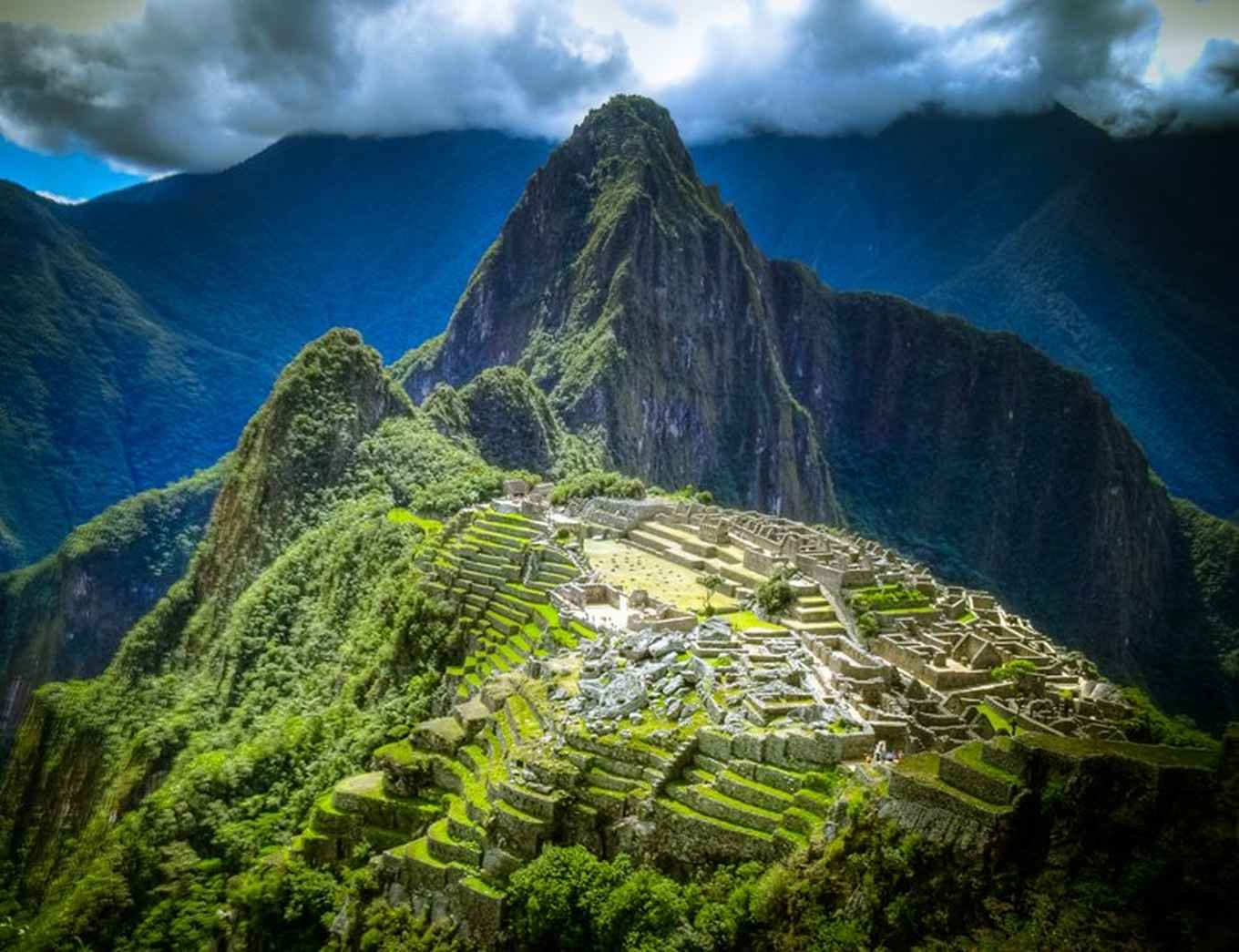Esther Quaedackers receives Comenius grant for "Local Big Histories"
1 July 2019

The elective course "Big History", which offers an overview of how the universe, the earth, life and human societies have developed, has been organized by Esther Quaedackers for a number of years at the Institute for Interdisciplinary Studies (IIS). As part of this course, she also developed the "Little Big History" approach. This is an approach that helps students to make connections between everyday objects and big history in order to gain insight into how "Big History" has affected the world around them.
This approach will now be used to make connections between various local histories and "Big History". The aim is to let students reflect on how the local history with which they identify, and that of their fellow students, fit in a form of history that all people in the world share with each other. This reflection also encourages students to think about how local and global identities fit together and can complement each other.
The course is being developed at the UvA together with the universities of Aarhus (Denmark), Oviedo (Spain) and Milan (Spain). Students from these universities will also collaborate on their "Local Big Histories". The students will use virtual meetings and presentations to share their knowledge and present their final findings on a yet to be developed online layered world map. This online map, which is accessible to everyone, offers other educational institutions the opportunity to add their own results with the same kind of approach.